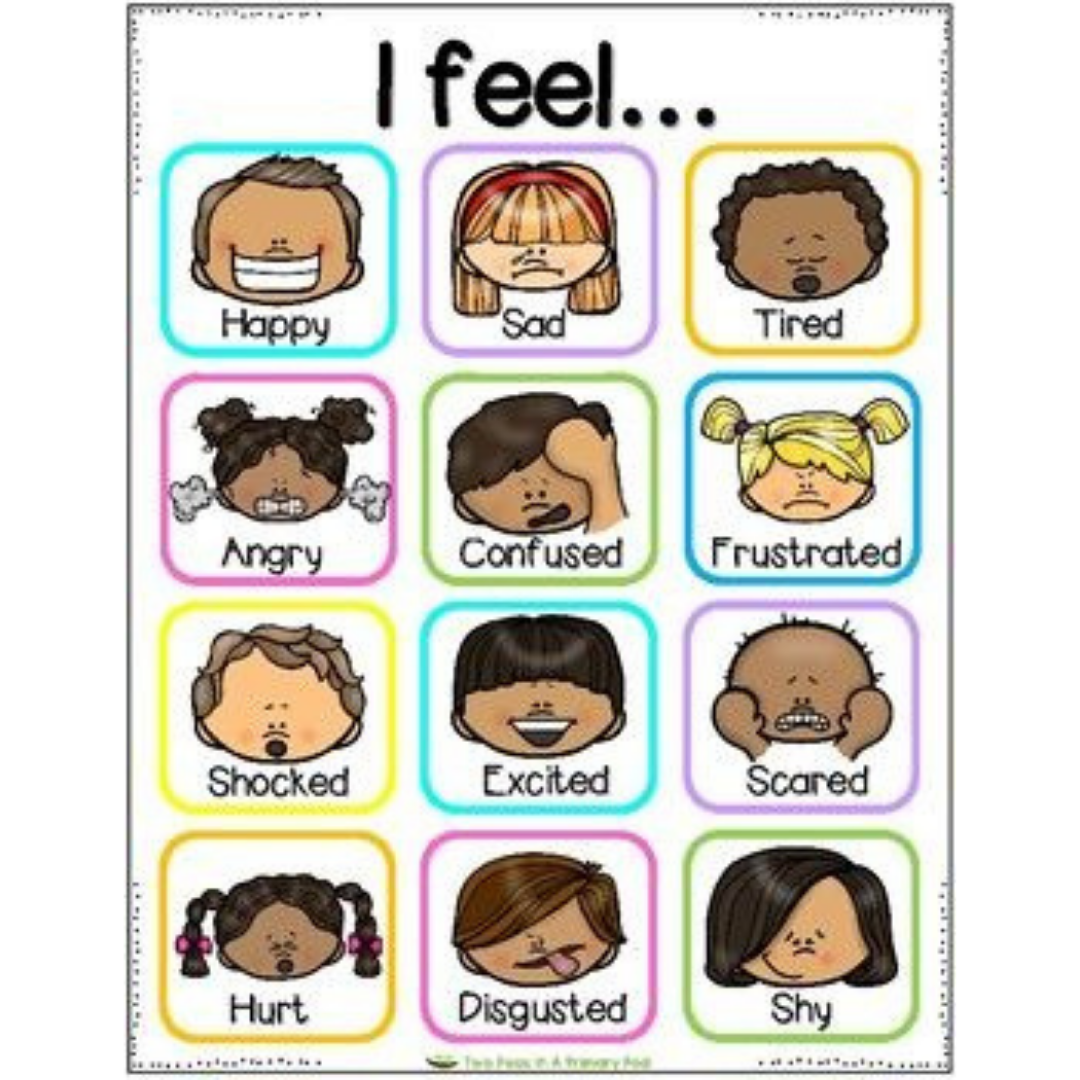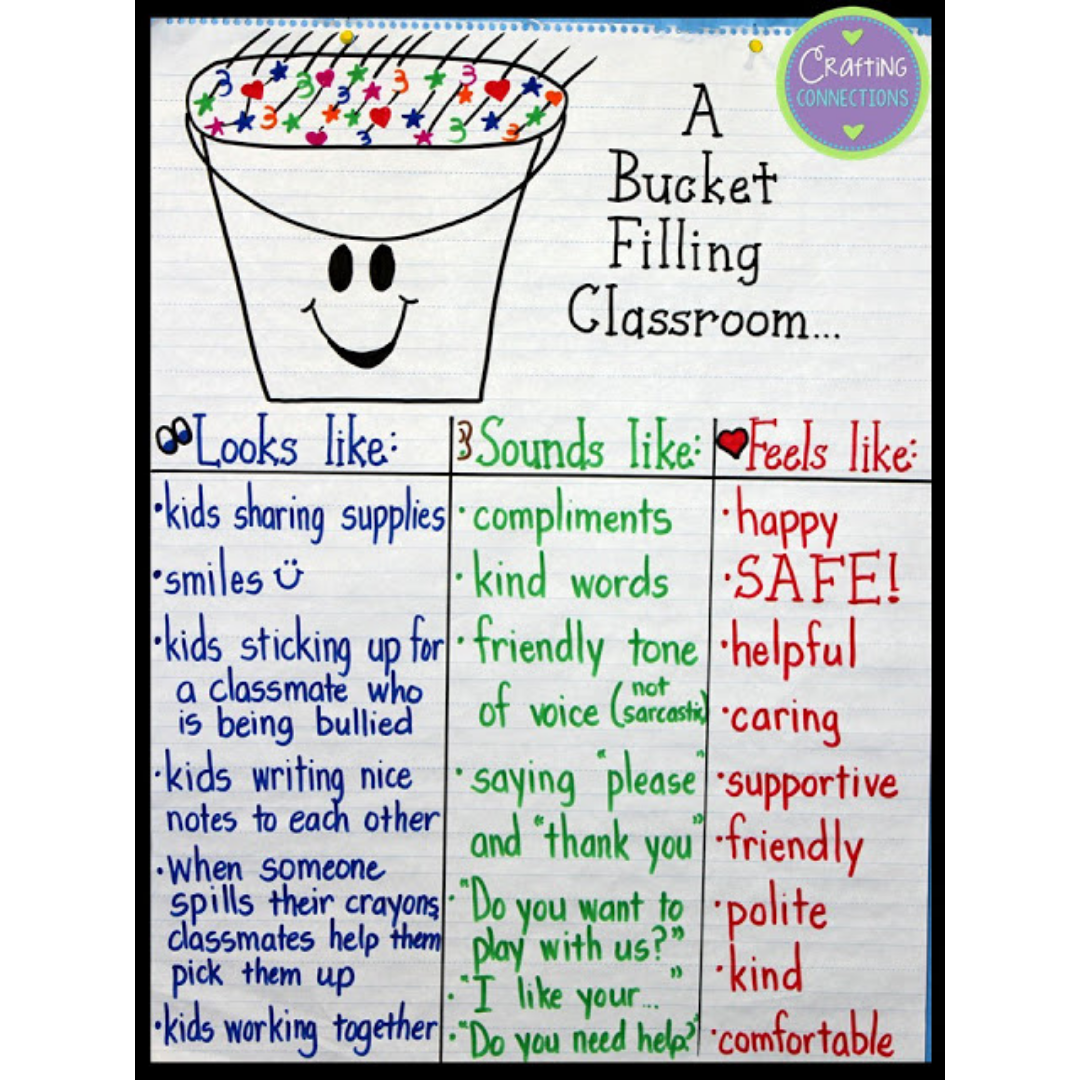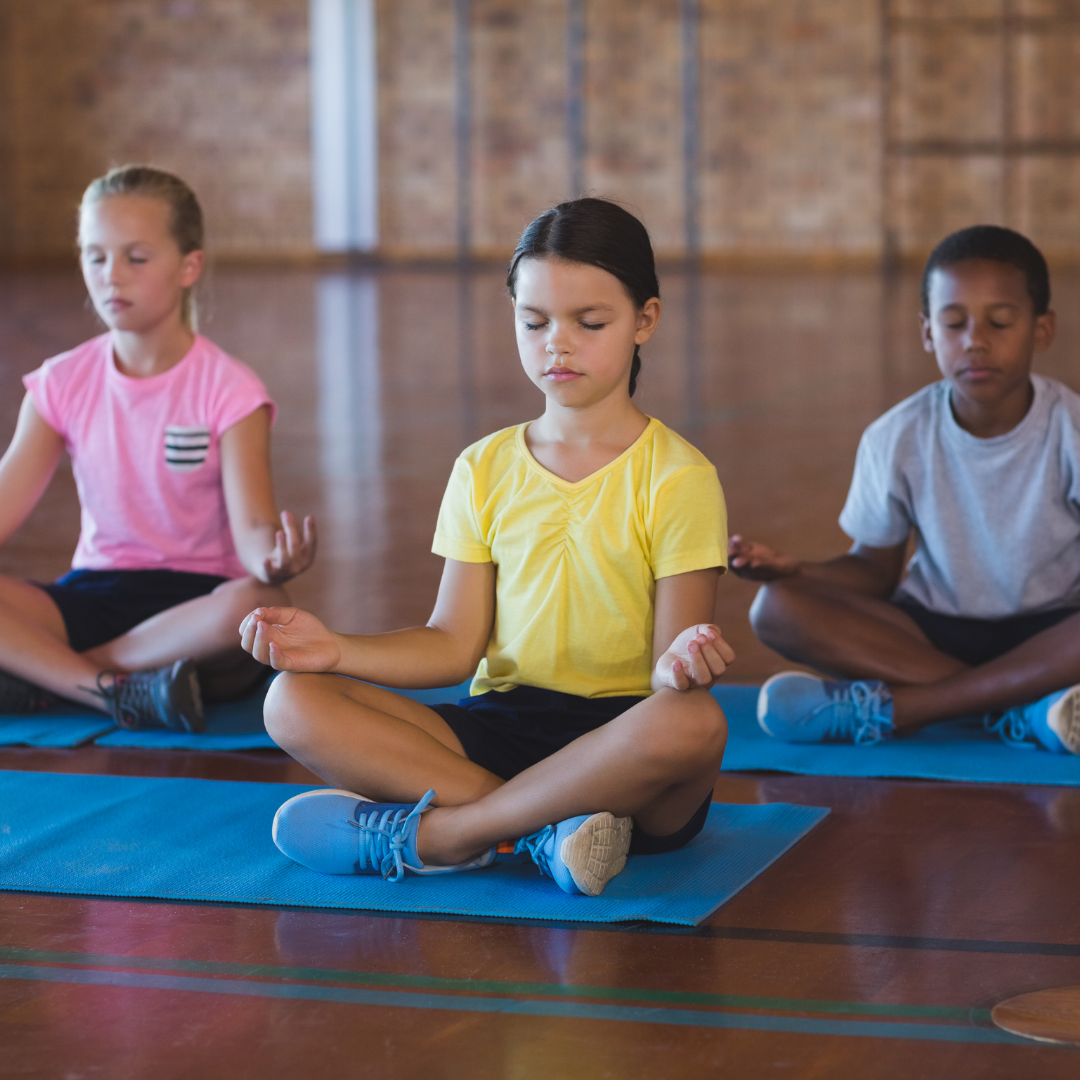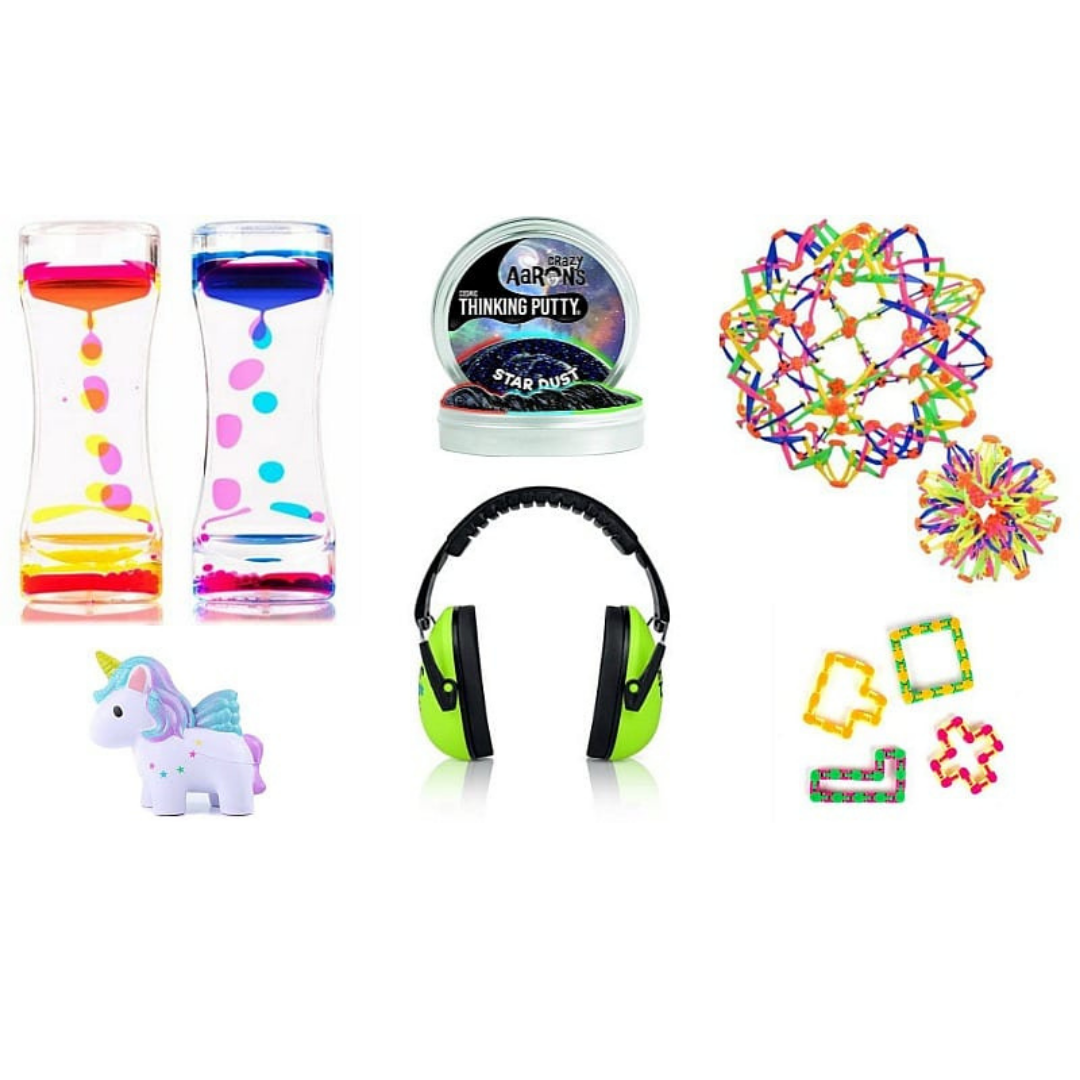
The Role of Social and Emotional Learning in Early Year’s Education
What is social and emotional learning?
Social and emotional learning (SEL) is the process through which children and adults obtain and effectively apply the knowledge, attitudes, and skills necessary to understand and manage their own emotions and those of others, set and achieve positive goals, feel and show empathy for others, have good manners, establish and maintain positive relationships, be socially aware and make responsible decisions.
How to teach SEL in early years?
Social and emotional learning activities are some, if not; the most important learning children can do in early years. It's important that SEL is integrated into everyday lessons as well as being taught in dedicated time. Here are some great SEL activities you can incorporate into your teaching or parenting to ensure young children develop crucial, social and emotional lifelong skills.
Start every day with a check-in:
Place a feelings chart next to the door and encourage children to point towards the emoji that best describes how they are feeling. This allows children to become more aware of their feelings and allows you to understand how every child is feeling before you begin the day.
Image: teacherspayteachers.com


Reading:
Books are a great way of teaching children important topics about themselves and others, books that include characters or storylines that children can relate to, helps teach them valuable lessons. Check out this fantastic list of picture books, ideal for little ones.
Fill each other's buckets:
Explain what it means to be a 'bucket filler' and the difference between a 'bucket filler' and 'dipper' Encourage children to always be kind and fill one another's buckets up as well as their own. Collectively, you could work together to fill a bucket, placing a star in a bucket on the board for every kind act. When the bucket is full, the class receive a reward. Take time to do bucket filler activities; specifically to fill each other's buckets, e.g. every child writes another child a kind letter. They can even make their own bucket with decoration's they choose. Find lots of brilliant bucket filler activities here.


Image: narwhalsandwaterfalls.com
Singing:
You will find an abundance of songs that cover SEL on youtube such as 'Simple SEL' who have a variety of songs kids will love.
Positive encouragement:
Praise and acknowledgment good, kind behaviour, do not only react to the negative behaviour.
Teach them breathing techniques:
The earlier children learn the power of effective breathing techniques, the better. There are lots of simple and fun ways to introduce these techniques. One example is deep belly breathing; have them place one hand on their belly and the other on their chest. Let them take a deep breath in for four counts and then exhale slowly (through their nose) for four counts, encourage them to focus on the rise and fall of their belly and chest as they complete the exercise. Find more fun and simple breathing techniques here.


Image: weareteachers.com
Create a calm-down kit:
A calm-down kit can be a brilliant resource to have on hand in the classroom or at home to help children regulate their emotions and calm themselves down. What works really well for someone, might not necessarily have the same effect on the person beside them, but generally, the below items are a good place to start when creating your calm-down kit.
- Calm down cards
- Calm down bottle
- Small container of bubbles
- Teddy
- Soft blanket
- Play dough
- Stress ball
- Fidget toys
- Noise cancelling headphones
- Expanding ball
Why is social and emotional learning important for children?
SEL is essential for children and has many benefits, both short term and long term. The benefits include:
Academic success:
The 'soft skills' that students develop through SEL are shown to improve their attitudes towards school, which increases their performance in the classroom. Students who feel heard and respected find it easier to be relaxed and focus in school. According to a report titled 'Respected: Perspectives of Youth on High School & Social and Emotional Learning', Nearly all (88 percent) students, regardless of race or income level, at "strong SEL schools" feel motivated to work hard and do their best in school, compared to just 39 percent of students in "weak SEL schools."
Fewer behavioural issues:
Students who engage in SEL are less likely to be aggressive and cause disruption. If a student is taught how to properly direct their frustration and worries, they will be less likely to negatively react.
Less emotional distress:
Students who participate in SEL develop self-regulation and self-awareness skills which equips them with the tools to better manage anxieties and stress when they arise.
Positive social behaviour:
SEL promotes social interaction and relationship skills which lead to productive, positive and healthy relationships with peers, parents, practitioners and teachers. Positive student-teacher relationships encourage children to want to perform better in the classroom.


Submit your comment